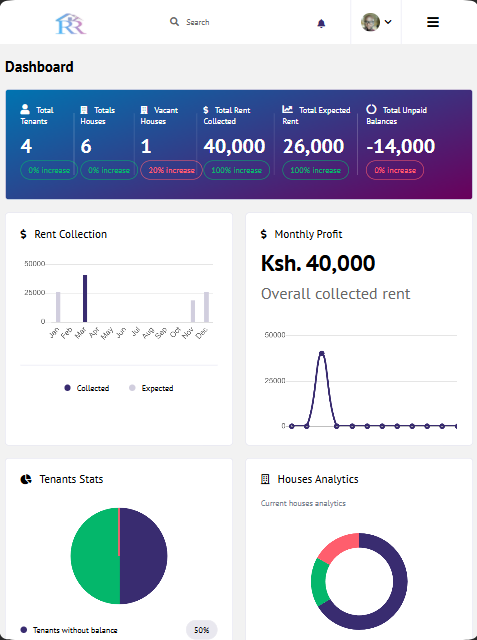Mathematics in the CBC: A Core Subject for Foundational Learning
Mathematics is one of the key pillars of the CBC system, designed to equip learners with essential problem-solving, analytical, and logical thinking skills. From the earliest stages of education, Mathematics is integrated into the curriculum to build a strong foundation for lifelong learning.
Here’s how Mathematics is structured across the different levels of the CBC:
1. Pre-Primary (PP1 and PP2)
At this stage, Mathematics is introduced as part of the foundational skills. Young learners are exposed to basic numeracy concepts such as counting, shapes, patterns, and simple measurements. The focus is on making Mathematics fun and engaging, helping children develop a positive attitude toward the subject early on.
2. Lower Primary (Grades 1 to 3)
Mathematics becomes a core subject in Lower Primary. Learners are taught essential skills such as:
Basic arithmetic (addition, subtraction, multiplication, and division)
Measurements (length, weight, time, and money)
Geometry (shapes and spatial understanding)
Simple data handling
The CBC emphasizes practical application, so learners often engage in hands-on activities and real-life problem-solving tasks to make Mathematics relatable.
3. Upper Primary (Grades 4 to 6)
In Upper Primary, Mathematics continues to be a core subject. The complexity of the topics increases, and learners are introduced to:
Fractions, decimals, and percentages
Basic algebra
Advanced geometry
Simple statistics and probability
At this stage, the goal is to strengthen learners’ computational skills and prepare them for the more advanced concepts they’ll encounter in Junior Secondary.
4. Junior Secondary (Grades 7 to 9)
Mathematics remains a compulsory subject in Junior Secondary. The curriculum builds on the foundation laid in Upper Primary, introducing more advanced topics such as:
Algebraic expressions and equations
Geometry and trigonometry basics
Ratios and proportions
Basic financial literacy (e.g., interest rates, profit, and loss)
The focus is on developing critical thinking and problem-solving skills, which are essential for success in Senior Secondary and beyond.
5. Senior Secondary (Grades 10 to 12)
This is where the compulsory status of Mathematics changes slightly. In Senior Secondary, learners choose one of three pathways based on their interests, talents, and career aspirations:
STEM (Science, Technology, Engineering, and Mathematics)
Social Sciences and Arts
Technical and Vocational Education and Training (TVET)
For STEM Pathway Learners: Mathematics is compulsory. Students pursuing careers in fields like engineering, medicine, computer science, or architecture will need a strong foundation in Mathematics.
For Social Sciences, Arts, and TVET Pathways: Mathematics is optional. However, learners are encouraged to take it if it aligns with their career goals or if they plan to pursue courses that require Mathematics at the tertiary level.
Why Is Mathematics Emphasized in the CBC?
Mathematics is more than just numbers and equations. It plays a crucial role in developing skills that are essential for success in the 21st century, such as:
Logical thinking and problem-solving
Data analysis and interpretation
Financial literacy and decision-making
Innovation and creativity
Even for learners who don’t pursue Mathematics-intensive careers, the subject provides valuable life skills that are applicable in everyday situations.
Tips for Parents and Learners
Encourage a Positive Attitude Toward Mathematics: Help your child see Mathematics as a fun and useful subject rather than a daunting one.
Use Real-Life Examples: Show how Mathematics applies to everyday activities like shopping, cooking, or budgeting.
Seek Extra Support if Needed: If your child struggles with Mathematics, consider hiring a tutor or using online resources to reinforce their understanding.
Plan for Senior Secondary: If your child is interested in STEM careers, ensure they take Mathematics seriously from an early stage.
Final Thoughts
While Mathematics is compulsory up to Junior Secondary in the CBC, its role in Senior Secondary depends on the learner’s chosen pathway. However, given its importance in a wide range of careers and everyday life, it’s a subject worth prioritizing. Whether your child dreams of becoming an engineer, an artist, or an entrepreneur, a solid foundation in Mathematics will always be an asset.








